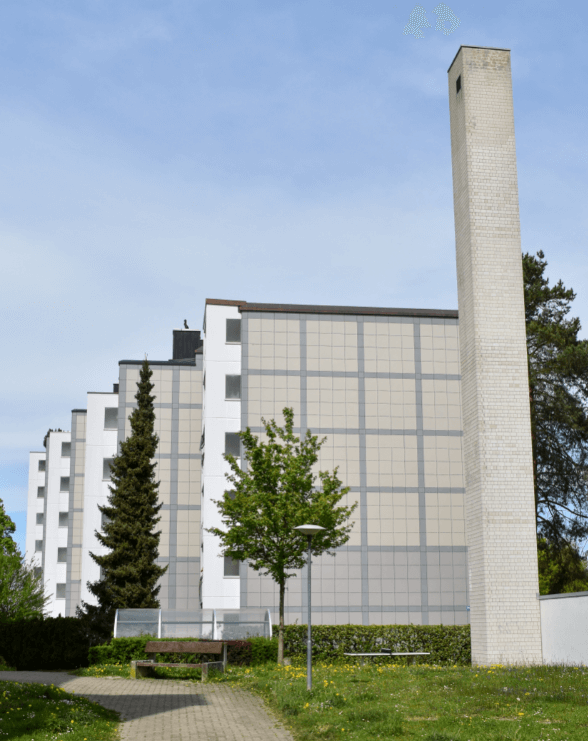104 - On Self-Care - Moral Letters for Modern Times

Over the centuries, we have tried many ways to cure the ailments that afflict humankind. Before we understood antibiotics, the sanatorium was the preferred course of treatment for tuberculosis. Patients were sent off to new facilities in the hopes that fresh air and good nutrition would cure them. There was money to be made in the treatment, never mind the cure, and so people experimented with many different methods.
Altitude and cold mountain air became the approach for Switzerland; in Finland it was remote forests that offered the best environment. In the western United States, we tried a mix of scenery and a lack of stress in North Carolina, and later deemed the dry desert air of Arizona best at effecting a cure. Long after the lake air of the East Coast was tried, the ocean breezes of the West Coast emerged as front runners for convalescents.
For much longer than we shipped off the ailing on their healing journeys, the healthy made pilgrimages in the name of wellness. We have tried hot springs and spas, with volcanically-heated pools and minerally-infused waters. We heated saunas to steam us like so much slow-roasted pork. Then there are those who take the opposite plunge, submersing themselves in glacial waters so cold it snatches your breath away. Or consider mud wraps, salt scrubs, seaweed masks. All the things we would normally wash away with alacrity if we fell into them by accident we now pay great sums to have slathered on our bodies. Pedicure, manicure, massage; massage in every variation: hot stone, deep tissue, full body, Swedish, sports, Shiatsu. Who knew there were so many ways to bring a recalcitrant muscle back in line?
Lest you take my list for a complaint, my dear Deuteros, let me make clear I do not object to self-care. Self-care is critical for well-being. There is no distance we should not travel to take a cure for what ails us. But I would have you reflect that no amount of travel will help us if we are treating the wrong illness. Some of us have serious physical ailments, it is true, but we all have mental afflictions. And these are not cured by our spa pilgrimage, no matter how expensive it may be. To effect a cure of our mental ills we must first journey within our minds to identify the sickness.
The most common cause of mental stress is to place the wrong value on external things. The many who think wealth is a worthy pursuit are plagued by not having attained it. No matter how much they amass, they are goaded on by the fear of it never being enough and by envy of those who have still more than they do. We all know a person who makes themselves ill with stress, and a hypochondriac who in worrying about becoming ill actually accomplishes the feat that nature did not.
Before you take in the water, the air, or the scenery of a new destination, take a moment to consider the value you place on things. Take instruction from the great philosophers before you take the physician’s cure. Rather than having your muscles pulled this way and that, pull yourself out of your comfortable, unquestioning existence. You do not need to travel to resorts or spend money in spas to realize that your satisfaction does not come from the outside. You are most pleased with yourself not when everything goes easily but when you have encountered and overcome obstacles and met your challenges head-on.
The hard way is hard, but along that path lies satisfaction and peace. And in any event, you cannot avoid the hard path in life, so are well-advised to embrace it when it comes even if you do not seek it out. The easy path only seems easy, because going down this road leaves us flabby and unfulfilled, unprepared for the slightest setback. If we can only be happy when everything continues to be perfect, we are living a precarious existence indeed.
Knowing that hardship is part of what it means to be human, we take better care of ourselves when we are prepared for adversity. We prepare by contemplating the lessons of philosophy. Though this commitment is also a cost we must pay, unlike the bill at the spa the investment in philosophy pays dividends our whole lives long.
Be well.






Member discussion